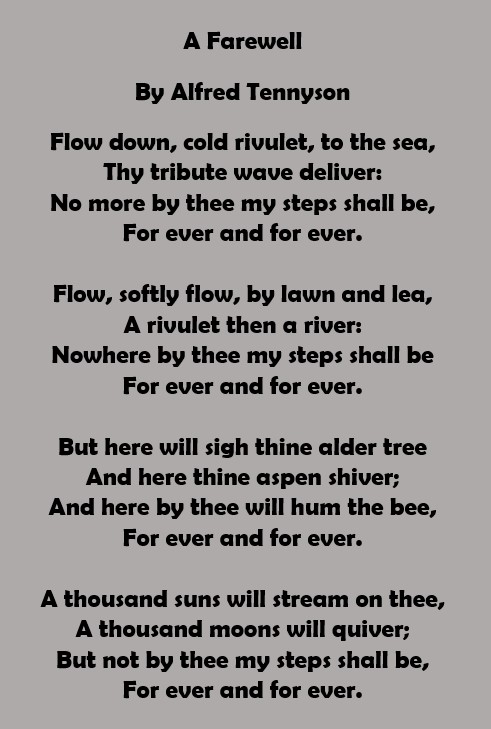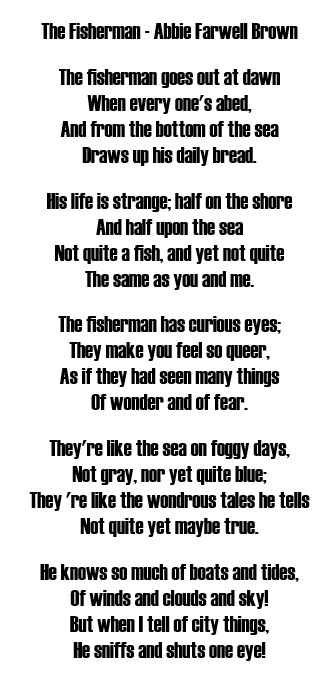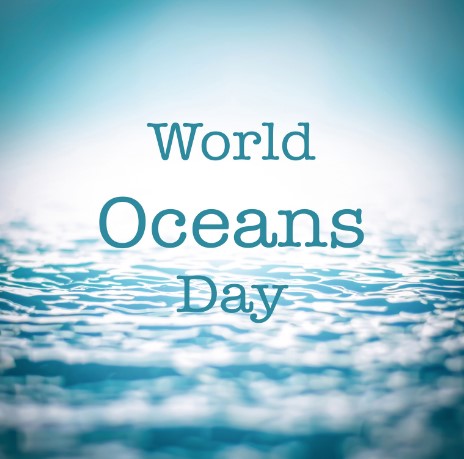
¿Qué son los verbos modales?
En inglés, los modales (plural de modal) no son palabras que deban interpretarse como si tuvieran un significado. Más que significar algo, los modales ingleses tienen una función.
Para hacer una comparación, tomemos la palabra -de-. por si sola no tiene ningún significado, porque es una palabra que tiene una función. En cambio, si digo "es la casa de Elena", entonces entendemos el significado de la palabra (la casa pertenece a Elena).
Lo mismo ocurre con los modales. Cada modalidad tiene una o varias funciones particulares.
Para entender los modales, primero haremos una lista de modales y explicaremos cómo se comportan en las frases: se comportan como auxiliares. Luego veremos qué funciones realizan.
Lista de verbos modales
Hay 9 modales:
- Can
- Could
- May
- Might
- Must
- Should
- Will
- Would
- Shall
Las tres peculiaridades de los modales
Cuando construyas una frase con un modal, debes respetar estas tres reglas:
1) Son invariables. Sea cual sea el tiempo de la frase, el sujeto de la misma, los modales se escribirán siempre de la misma manera. Por ejemplo:
I Could
You Could
He Could
We Could
You Could
They Could
Esto no debe confundirse con los verbos "normales" que llevan una S en la tercera persona del singular en tiempo presente (por ejemplo: she reads). Con los modales, siempre es igual.
2) Van seguidos de una base verbal. Es decir, un verbo, en infinitivo, sin el TO delante. Por ejemplo:
I can call you the monday. Puedo llamarte el lunes.
No se utiliza "To call". Solo CALL.
Esta base verbal también es invariable. No cambia, sea cual sea el sujeto.
3) Se comportan como auxiliares (porque SON auxiliares) en oraciones negativas e interrogativas. Así que no necesitas los auxiliares DO, HAVE o BE.
Esto significa que nunca dirás "I don’t may". Dirás "I may not". Del mismo modo, al hacer una pregunta, nunca dirás "¿Do you will...?", sino que dirás "¿Will you...?".
Esta es la lista de formas negativas de los modales:
- May - may not
- Might - might not
- Can - can’t o cannot
- Could - couldn’t o could not
- Must - mustn’t o must not
- Should - shouldn’t o should not
- Will - won’t o will not
- Would - wouldn’t o would not
Para las formas interrogativas, simplemente se invierte el sujeto y el modal.
I will - will you…?
I might - might I…?
I can - can you…?
¿Qué funciones tiene cada modalidad?
Los modales pueden tener una o varias funciones según el contexto. Aquí tienes un resumen general.
May
Forma afirmativa: expresa la probabilidad
Lo que puede ocurrir: It may snow again tomorrow. Puede que mañana vuelva a nevar.
Lo que puede ser cierto: What you’re saying may be true. Lo que dices puede ser cierto.
También puede expresar permiso: You may eat now. Ya puedes comer.
Forma negativa: May not
Lo que no puede ocurrir.
Lo que puede no ser cierto.
También puede expresar una prohibición categórica. You may not eat here. No se puede comer aquí.
Forma interrogativa: May I…?
En una pregunta, may se utiliza para pedir permiso, pero de una forma aún más educada que con can y could. - May I eat here?
Might
Forma afirmativa:
El modal Might es un sinónimo de may. What you’re saying might be true. Lo que dices puede ser cierto.
Forma negativa:
Might not.
Forma interrogativa:
Una petición aún más educada que con MAY (raramente se ve).
Can
Forma afirmativa:
Lo que uno es capaz de hacer: I can read this book. Puedo leer este libro (soy capaz).
Lo que está permitido: I can go out tomorrow. Puedo salir mañana (se me permite).
Forma negativa:
Cannot o can't.
Lo que no puedes hacer.
Lo que está prohibido.
Forma interrogativa:
Can I…?
Pedir permiso o hacer una petición. Dad, can I go to the theater tomorrow? - Papá, ¿puedo ir al teatro mañana?
Could
Forma afirmativa:
Lo que uno podría hacer: If I had a pool, I could swim. Si tuviera una piscina, podría nadar.
Qué podría pasar si...
Could también puede ser el tiempo pasado de - can -.I could see you. Te pude ver.
Forma negativa
Could not o couldn’t
Similar a la forma afirmativa. I couldn't see you. No pude verte.
Forma interrogativa:
Pedir un favor o un permiso de forma educada. Could you help me?
Must
Forma afirmativa:
El modal Must transmite un deber, una obligación. Lo que debes hacer.- I must clean my house today. Hoy debo limpiar mi casa.
Must también puede expresar una certeza. It must be half past five. - Sin duda, deben ser las 5 y media.
Forma negativa:
Mustn't o must not.
Esta forma expresa una prohibición.
Should:
Forma afirmativa:
El modal should expresa un deber, como must, pero con menos fuerza. Se utiliza para expresar lo que se debe hacer. A menudo se utiliza para dar consejos. (ej.: You must read more - Debes leer más).
Forma negativa:
Should't o should not
El mismo significado que la forma afirmativa. You shouldn't go out today - No deberías salir hoy.
Forma interrogativa:
Should I…?
Will:
Forma afirmativa :
Expresión del tiempo futuro: Como ver en la lección sobre el tiempo futuro en inglés, el modal will se utiliza principalmente para expresar el futuro. (Como el tiempo futuro no existe como tiempo gramatical en inglés, se construye con el modal will).
Ejemplos: I will be 30 next month. El mes que viene cumpliré 30 años.
También se suele utilizar la forma contraída de will: "ll. - I'll be 30 next month.
Will también puede expresar la voluntad o la toma de decisiones.
Forma negativa:
Will not o won't.
Expresar el futuro.
Puede utilizarse para expresar una prohibición. Dad won't let me go out. Papá no me deja salir.
Forma interrogativa:
Para pedir un favor, por ejemplo. Will you help me?
Would
La función principal del modal sería expresar el condicional.
Ejemplos: It would be cool to meet Italy. Sería genial conocer Italia.
I wouldn’t want to travel to Italy. No me gustaría viajar a Italia.
También se utiliza la forma contraída en 'D: It’d be cool to meet Italy.
Shall:
Ya casi no se utiliza. Sólo se utiliza para hacer sugerencias, normalmente en forma interrogativa:
Ejemplo: ¿Tomamos un taxi? ¿Tomamos un taxi?
En el inglés británico shall también puede usarse como el equivalente en tercera persona del singular de will, aunque esta forma se ve raramente hoy en día.
-
🔆 También te puede interesar:
- Cómo preguntar y expresar la posesión en inglés
- Cómo usar May y might - Verbos modales
- Conditionals in English - El condicional en Inglés
- Adjetivos y pronombres demostrativos en Inglés
- Pronombres Posesivos en inglés - Possessive Pronouns
- Adjetivos Posesivos en Inglés - Possessive adjectives
- ¿Cómo aprender inglés fácil y desde casa?
- Plural de los sustantivos en inglés
- Many more, a lot more y Much more. Usos en inglés
- ¿Qué son los phrasal verbs en inglés? Los más usados
- Cómo expresar opiniones en inglés
- Uso de whose en inglés - Pronombres relativos
- Who, which y that - Pronombres Relativos en inglés
- Was going to - El futuro en el pasado
- DO y MAKE en inglés ¿Cuáles son las diferencias?
- Cuándo usar Since, For, Ago: ¿Cuáles son las diferencias?
- The Gerund - El gerundio en inglés
- El Imperativo en Inglés - Imperative
- El comparativo y el superlativo en inglés
- Preguntas con WH-Questions 01 - What, where, why, who
- Preguntas con WH-Questions 02 - When, Which, Whose, How
- Cómo expresar cantidades en inglés
- Adjectives - Los Adjetivos en Inglés
- Uso de some / any acompañando nombres contables/incontables
- Modal verbs - Verbos modales en inglés
- El tiempo futuro en inglés
- Present Perfect Progressive - Presente perfecto progresivo
- Present perfect - El presente perfecto inglés
- Pretérito progresivo o continuo en inglés
- Simple past - El pretérito o pasado simple en inglés
- Presente continuo - Forma Afirmativa - English grammar
- Presente continuo - Forma Negativa
- Puntuación en inglés - All about punctuation in English
- Los verbos Auxiliares en inglés - Auxiliary Verbs
- Verbos irregulares en inglés, la lista que debes conocer
- Cómo decir la fecha en inglés - How to say the date in English
- Construir frases simples - To build a simple sentence
- Nombres contables e incontables en inglés
- Presente continuo - Forma Interrogativa
- Cómo Preguntar y decir el precio en inglés
Adblock test (Why?)










